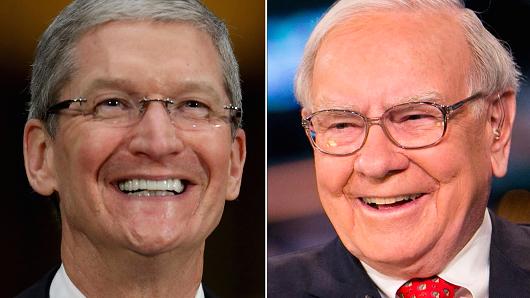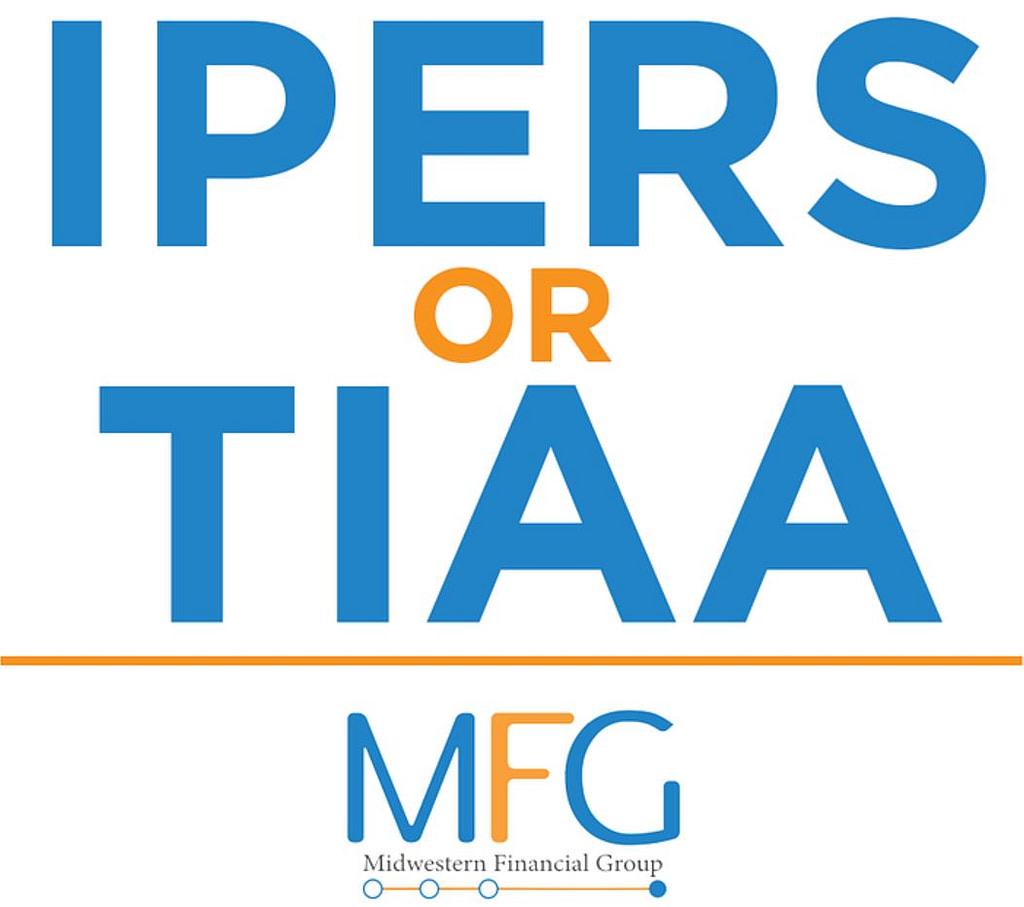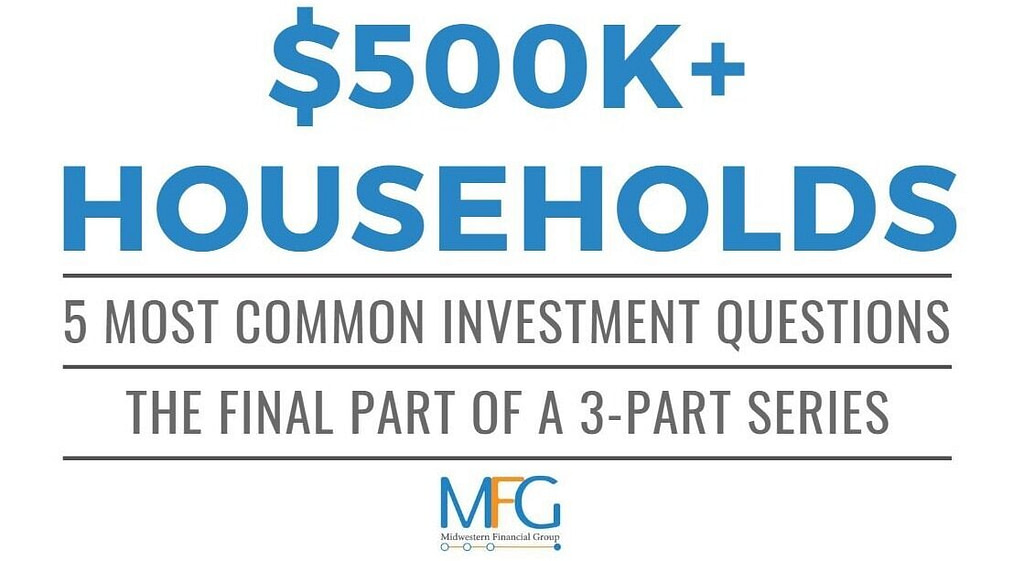
Despite owning 9 percent of IBM, Warren Buffett, aka “The Oracle of Omaha” does his best to avoid technology companies. However, in the last six months Buffett’s company Berkshire Hathaway has purchased a stake in Apple. On February 27, Buffett told CNBC he more than doubled his holdings in in the company and that Berkshire now owns over 2.5 percent of Apple.
This had investors scratching their heads. Why would the Oracle, who avoids technology almost whole-heartedly, invest billions in a hardware company whose better days may be behind it?
My guess is that Warren still believes in Apple for three key reasons:
1. The price paid for Apple was at or below fair value.
2. Management is strong.
3. Capital allocation decisions are benefiting shareholders.
INTRINSIC VALUE
A key tenant of the Berkshire Hathaway philosophy, which is influenced mostly by Buffett and his longtime business partner Charlie Munger, involves buying companies with a no-limit holding period. If Warren and Charlie can forecast earnings over the next five years and the resulting cash flows are at or below current market prices, Berkshire will consider an investment in the company. However, to forecast future earnings, the company must be in Buffett’s “circle of competence,” i.e. he does not attempt to value companies he does not understand.
For Apple to be in the “circle of competence,” Buffett turned to Philip Fisher’s 1958 book Common Stocks and Uncommon Profits. Summarizing the book’s influence on his Apple purchase, Warren told CNBC, “He talks about something called the ‘scuttlebutt method,’ which made a big impression on me at the time, and I used it a lot. It’s essentially going out and finding out as much as you can about how people feel about the products that they use.”
Buffett did his research on Apple, forecasted cash flows into the future, discounted them to present value and decided that Apple fit Berkshire Hathaway’s philosophy of buying great companies at fair value.
TIM COOK’S LEADERSHIP
In October 2011, Steve Jobs passed away and Tim Cook took over Apple with the impossible task of filling Jobs’s shoes. At first, shareholders assumed a clean handoff and no dip in innovation. Apple shares (split adjusted) soared from ~$58 in October 2011 to over $95 by August 2012. However, the love affair was short-lived and shares were back to ~$56 less than a year later.
Tim Cook stayed the course, kept his head down. He oversaw the release of an Apple Watch, incrementally improved the iPhone, and secured business in China. The news media highlighted Apple’s lack of new game-changing products, but Cook kept selling iPhones, also known as the world’s best cash generating machine yet.
Buffett had to be impressed with Cook’s ability to ignore the noise and Cook even reached out to Buffett when pressures were mounting to make use of the cash Apple was amassing.
The result? Since 2013, when Cook talked with Buffett, shares of Apple have rallied from ~$56 to over $140. So, what did Warren say?
SHARE BUYBACKS, OF COURSE.
In 2013, Cook was under pressure from all corners of Wall Street. Some wanted Cook to buy Netflix, Disney and the rest of the world. Others wanted him to increase dividend payouts (ex. David Einhorn wanted a preferred stock that paid a dividend in perpetuity) and many were seeking share repurchases (ex. Carl Icahn had dinner with Cook). Cook took the phone and called Mr. Buffett for an unbiased opinion.
“When I was going through [the question of] what should we do on returning cash to shareholders, I thought who could really give us great advice here? Who wouldn’t have a bias?” Cook told the Washington Post. “So, I called up Warren Buffett. I thought he’s the natural person.”
“I would run the business in such a manner as to create the most value over the next five to 10 years. You can’t run a business to push the stock price up on a daily basis,” said Buffett. “Berkshire has gone down 50 percent four times in its history. When that happens, if you’ve got money you buy it. You just keep working on building the value.”
Fast forward to late 2016 and early 2017 and it is no surprise Berkshire found value in Apple shares and believes in the management. Tim Cook has not made a large acquisition that is dilutive to earnings growth and has followed Buffett’s advice.
Below is an excerpt from Warren’s 1984 Annual Letter.
“Many corporations that consistently show good returns both on equity and on overall incremental capital have, indeed, employed a large portion of their retained earnings on an economically unattractive, even disastrous, basis. Their marvelous core businesses, however, whose earnings grow year after year, camouflage repeated failures in capital allocation elsewhere (usually involving high-priced acquisition of businesses that have inherently mediocre economics). … In such cases, shareholders would be far better off if earnings were retained only to expand the high-return business, with the balance paid in dividends or used to repurchase stock (an action that increases the owners’ interest in the exceptional business while sparing them participation in subpar businesses).”
Considering all of the above, is actually no surprise that Berkshire owns more than 2.5 percent of Apple: 2.5 percent may not sound like much, but keep in mind, Apple is the most valuable company in the world and worth $737.14 billion… with a “B.”



